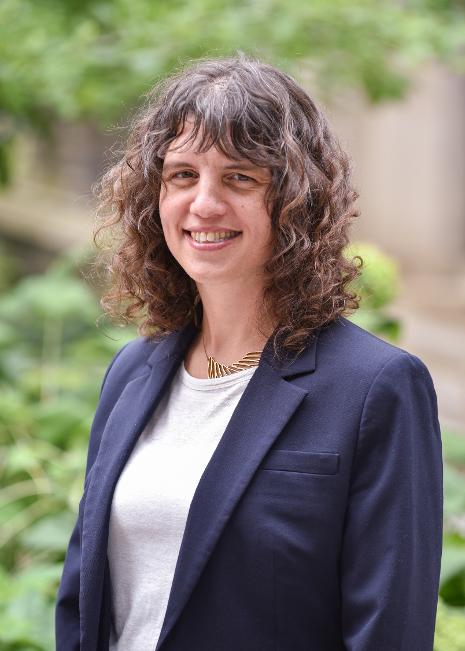
Mellon Forum // Soil Forensics: Property and the Buried Truth in Medellín
Mon, 2/12 · 12:00 pm—1:15 pm · Betts Auditorium and Zoom
Meghan Morris, Temple University

As Colombia attempted to achieve peace, the city of Medellín aimed to move beyond its violent past, breaking ground on ambitious green development projects to bring parks and infrastructure to the city’s most peripheral neighborhoods. But these projects threatened to evict local residents, as city planners deployed maps of soils at risk of landslide as the basis for their removal. In debating removals, both city officials and residents turned to soil as a forensic site, using soil’s qualities as evidence of conflicting accounts of a 1987 landslide to support their arguments about property. While forensics in transitional justice generally centers exhumations as a source of truth about crime during conflict, it was not corpses exhumed from the soil, but soil itself that became an object of forensic inquiry. This challenged official narratives of transition and reconfigured both property and territorial relations, in turn shaping the possibilities for war and peace.
The Mellon Forum is the core event series of interdisciplinary dialogs organized by the Fellows of the Princeton-Mellon Initiative in Architecture, Urbanism, and the Humanities.
The Spring 2024 Mellon Forum interrogates the political economy of land to understand how the built environment comes into being. We invite scholars to consider how land in its multi-dimensional forms— e.g. property, territory, infrastructure, etc.— is made and remade, and what these contestations might reveal.
The Spring 2024 Mellon Forum is sponsored by the Mellon Foundation and the Princeton University Humanities Council, Center for Collaborative History, HMEI, PIIRS, PLAS, SPIA, the Departments of Art & Archaeology. English, and Politics, and the School of Architecture.















